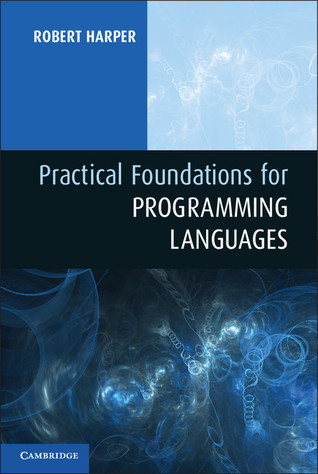54 books
—
6 voters
Programming Languages
Related Genres

“
In languages with a garbage collector (GC), the GC keeps track and cleans up memory that isn’t being used anymore, and we don’t need to think about it. Without a GC, it’s our responsibility to identify when memory is no longer being used and call code to explicitly return it, just as we did to request it. Doing this correctly has historically been a difficult programming problem. If we forget, we’ll waste memory. If we do it too early, we’ll have an invalid variable. If we do it twice, that’s a
...more
”
― The Rust Programming Language
― The Rust Programming Language
“
A lot of people want to make badly designed programming languages easier to use by giving them fancy IDE’s. This makes sense if you are forced to use a badly designed language. I think it would be better to try making well designed languages instead.
”
―
―
This group is dedicated to javascript as one of the greatest programming languages out there.
P…more
20 members,
last active 12 years ago
2 members,
last active 2 years ago
Reading ruby books in Montevideo, Uruguay
2 members,
last active 15 years ago
unihack crew reading-list
3 members,
last active 11 years ago
































